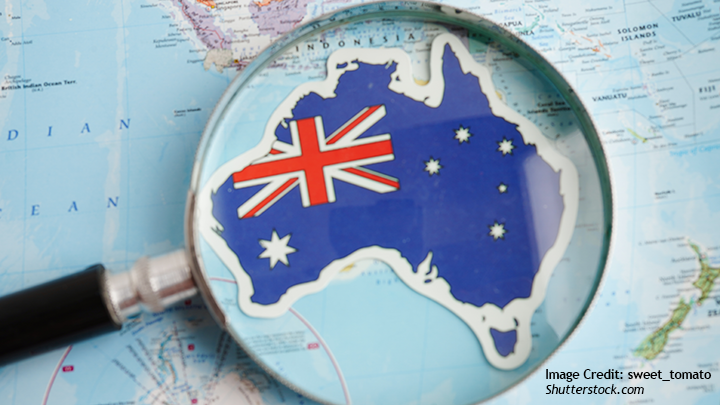Safeguarding the Indo-Pacific Region: Insights from Australia on Maritime Security

Thomas Wilkins
Contextual Background
In an era marked by rapid geopolitical transformation and unprecedented technological advances, maritime security in the Indo-Pacific has become a critical imperative for both national and regional stability. On April 8, 2025, the Institute for Security & Development Policy (ISDP), in collaboration with Murdoch University Study on Human Security and the Indo-Pacific, organized a talk with Dr. Thomas S. Wilkins on the topic Safeguarding the Indo-Pacific Region: Insights from Australia, India, and Japan on Human/Maritime Security. Dr. Wilkins is a Distinguished Research Fellow (non-resident) at The Japan Forum for International Relations and an Associate Professor in International Security at the University of Sydney, specializing in Asia-Pacific security affairs.
This report summarizes Dr. Wilkins’ talk, which presented a comprehensive analysis of Australia’s strategic maritime environment. Its focus was on Australia’s evolving role, its complex threats, and the coordinated policy responses underway to secure its vast maritime domain.
With its extensive coastlines, one of the world’s largest exclusive economic zones (EEZ), and a deep reliance on international sea lines of communication, Australia confronts unique challenges and opportunities as global power dynamics shift and hybrid tactics become increasingly prevalent. Australia is frequently categorized as a “middle power,” as embedded in its 2024 National Defense Strategy; it simultaneously benefits from – and is constrained by – this role. With the world’s sixth-largest land mass, abundant natural resources, an advanced economy (GDP of approximately USD 1.7 trillion), and annual defense spending of USD 37 billion, Australia ranks among the lower “Top 20” of the world’s most powerful nations. However, with only about 26 million inhabitants concentrated near its 60,000 km-long coastline and controlling one of the world’s largest exclusive economic zones (approximately 8.5 million sq. km), Australia’s security is inextricably linked to its reliance on maritime trade.




